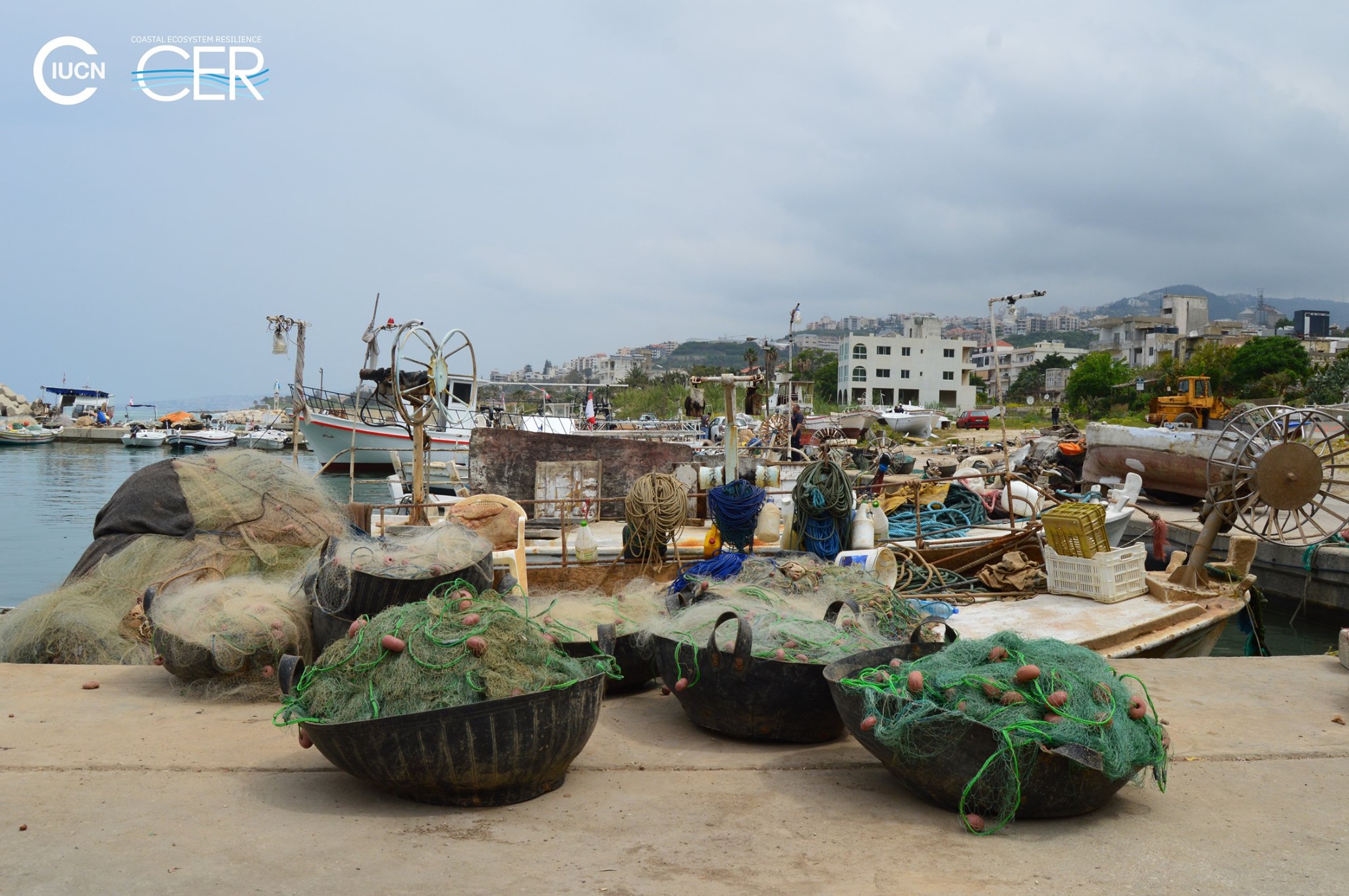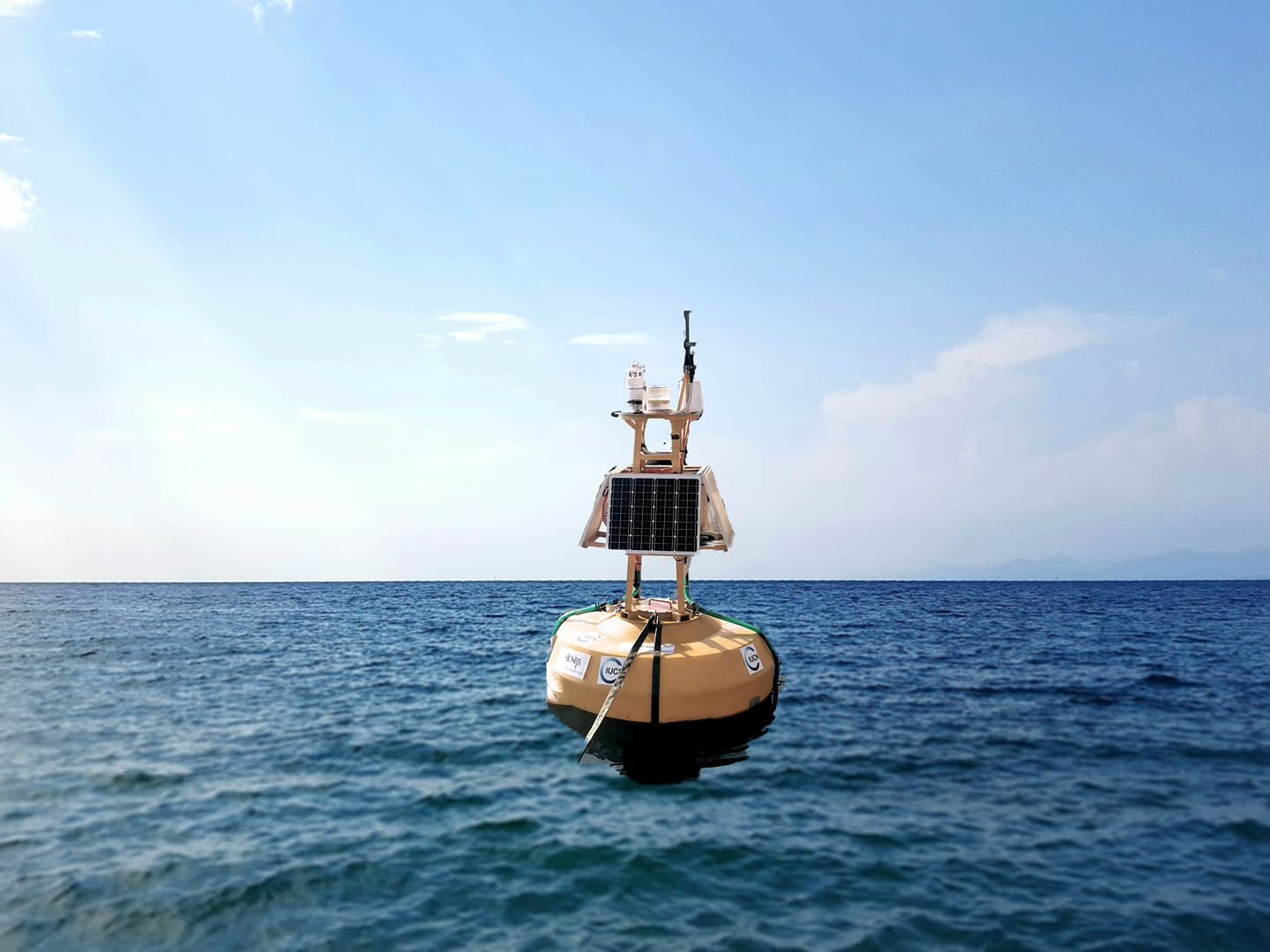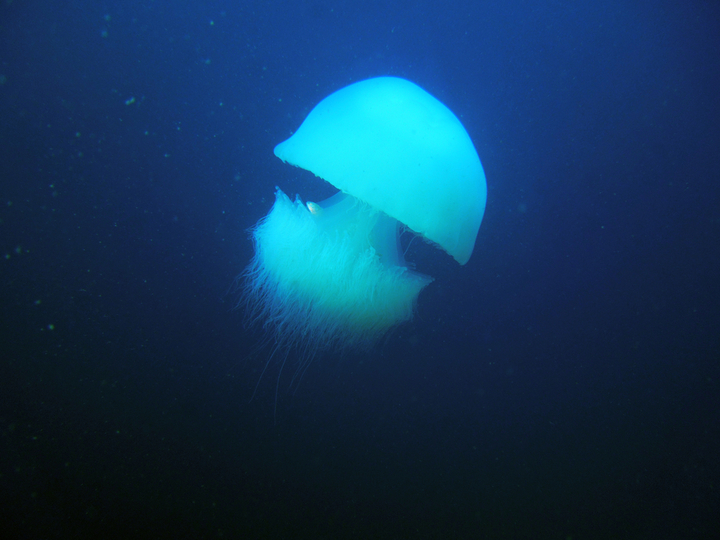The project involves different stakeholders and actors and aims at reducing the vulnerability of selected coastal towns in Lebanon, which are facing crucial sustainability issues, and improve marine protected areas as ecosystem-based mitigation and adaptation. As well as applying a mix of tools and approaches to enable key conservation functions, sustainable management of ecosystems, adaptation to climate change, and increase capacity to manage natural resources communally are the core issues of biodiversity/ marine conservation and policy change. The project provided innovative tools used for the first time in Lebanon which have helped the national authorities to improve their data collection gaps and boosted their capacity for improved modelling and monitoring.
Project implemented by: IUCN ROWA, Marine Programme.
Project executed by: IUCN ROWA, Marine Programme.
Project funded by: Royal Norwegian Embassy of Beirut.
MAIN ACHIEVEMENTS:
- Advancing local efforts in the fight against climate change through the use of innovative technologies. Through the project, the Marine Programme procured an oceanographic station (marine smart buoy) that will help the local government better monitor climate data at sea. The device helps gather pertinent data, including physiological, biological and weather. The device is the first of its kind in Lebanon.
- Improving local fisheries management. The Marine Programme supported in the development of the first fish spawning calendar in Lebanon. The calendar provided information on the most commercial native fishes in Lebanon. The calendar will help better set the fishing season based on the sexual maturity and spawning duration of each species and thus limit over-exploitation. Moreover, the Marine Programme procured electronic gear tags and vessel monitoring systems. This will revolutionise the fisheries sector not only in Lebanon but also help local government in better tracking and monitoring fisheries activities.
- Enhancing local management of MPAs. The Marine Programme arranged for a twinning programme between Lebanese and Turkish MPAs. The agreement aims at supporting best practices and experience-sharing between the twin MPAs, building capacities, and involving local stakeholders.



